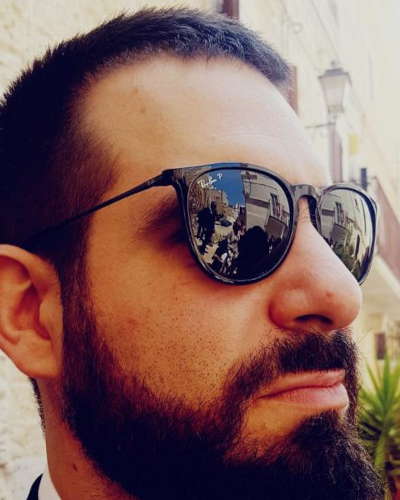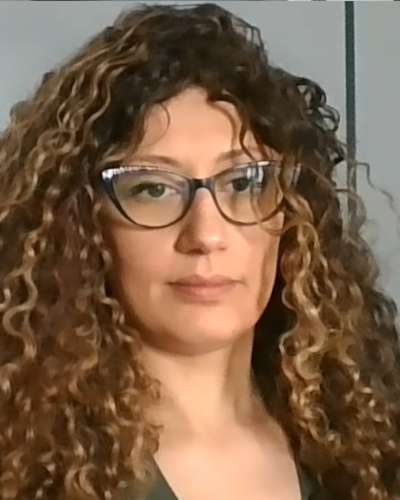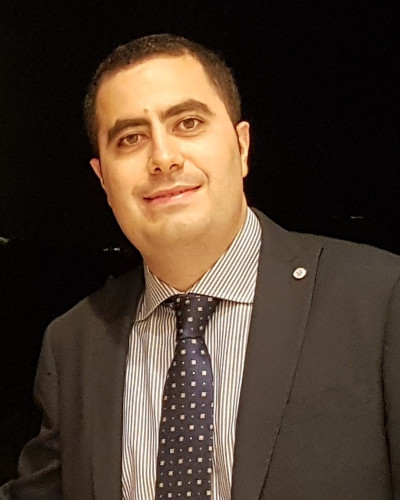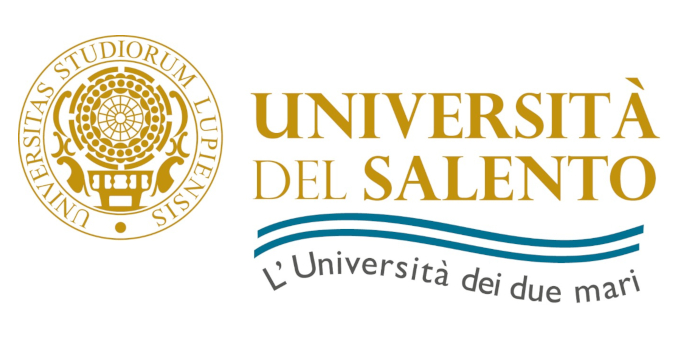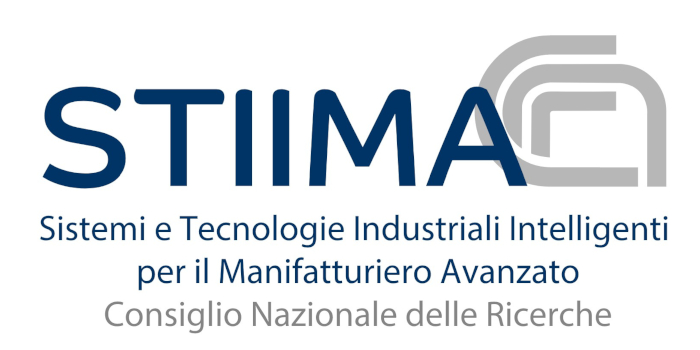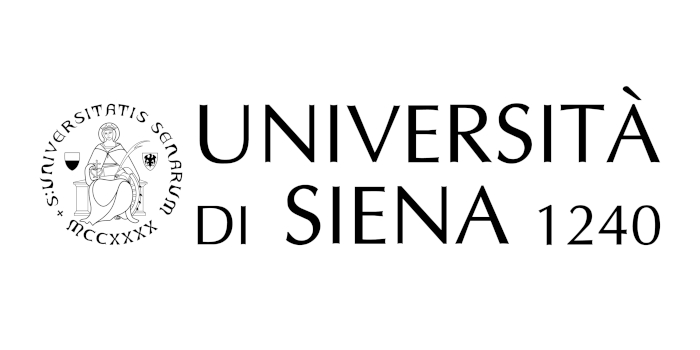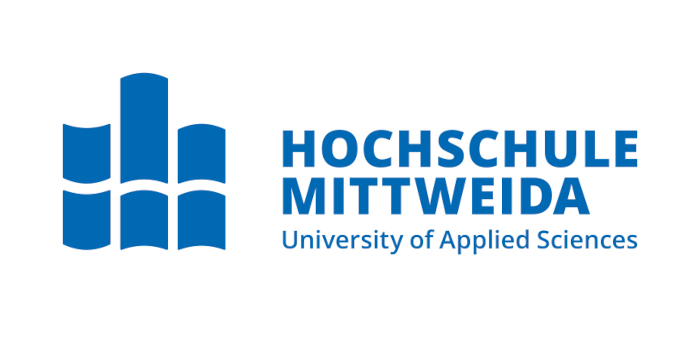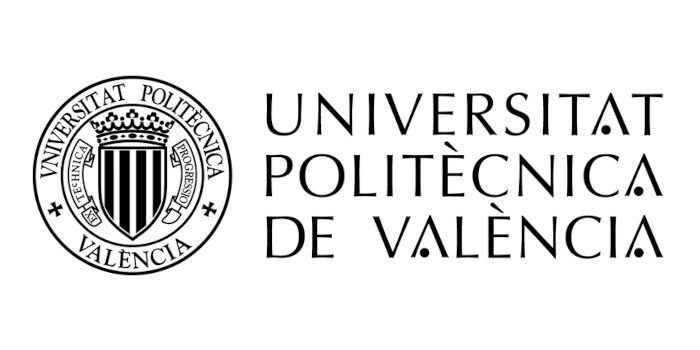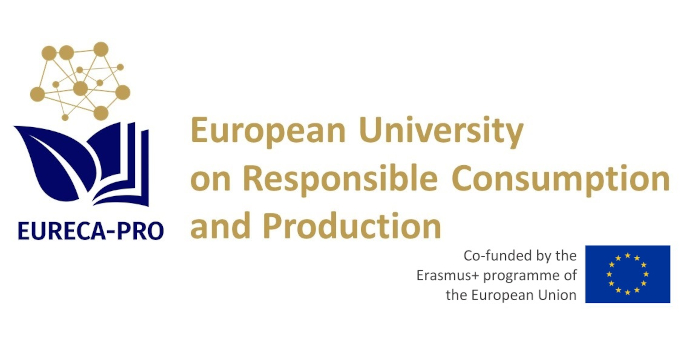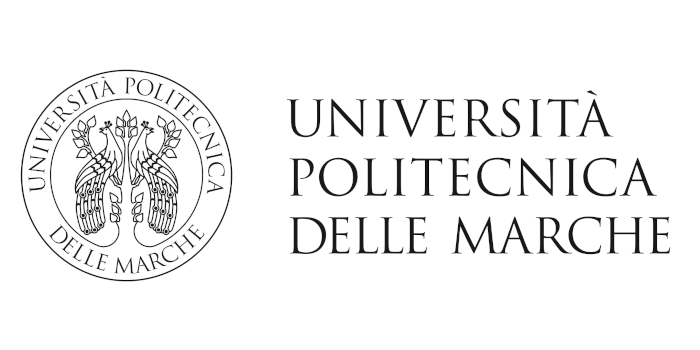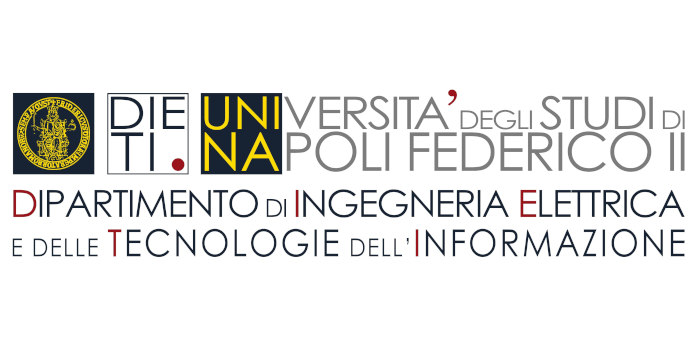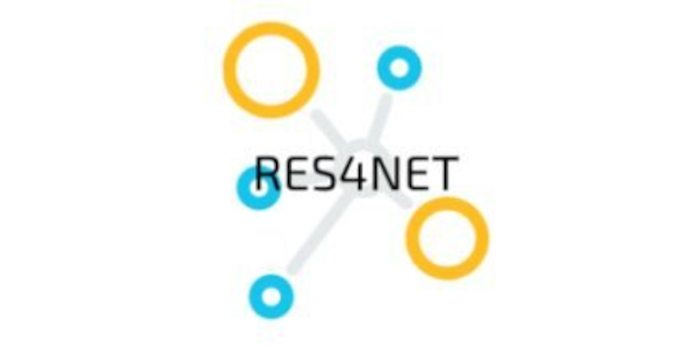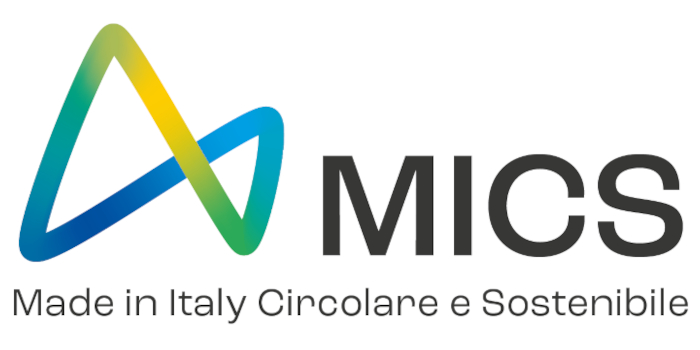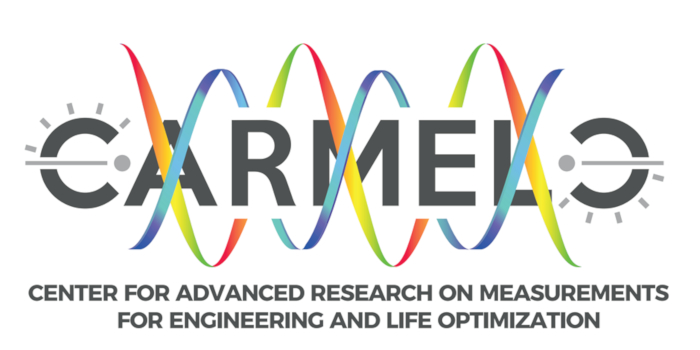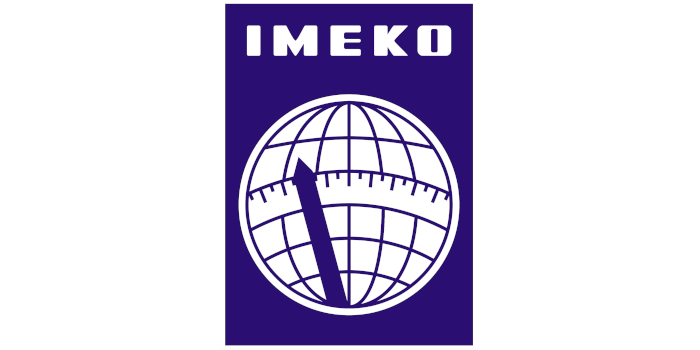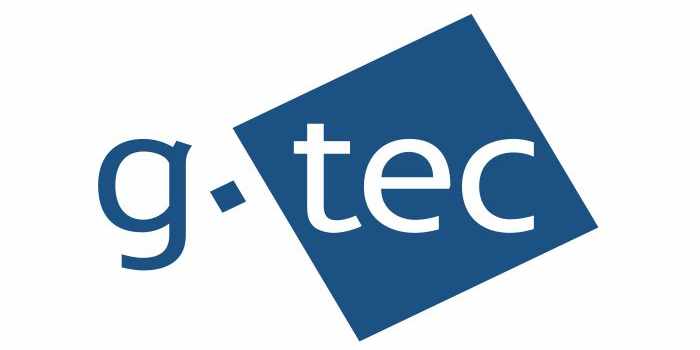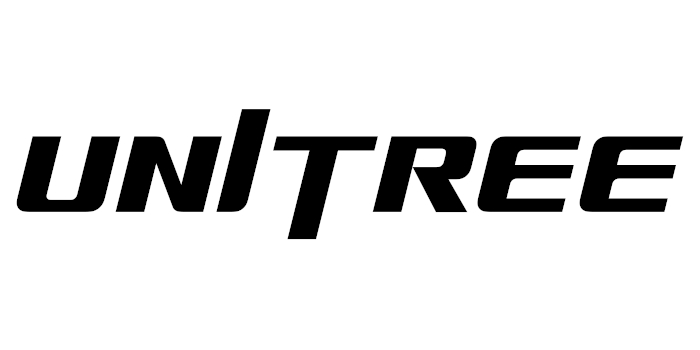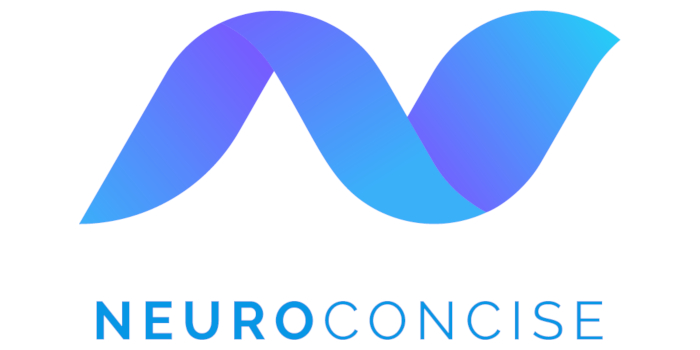SPECIAL SESSION #28
Leveraging XR and AI in innovative industrial applications
ORGANIZED BY
Vito Renò
STIIMA, National Research Council of Italy (CNR), Italy
Maria Di Summa
STIIMA, National Research Council of Italy (CNR), Italy
Michele Gattullo
Politecnico di Bari, Italy
ABSTRACT
In today's industrial landscape, perception technologies and intelligent systems have become ubiquitous, being utilized across various sectors such as railways, aeronautics, smart logistics, agriculture, healthcare, and more.
The availability of Advanced Perception Technologies, including 2D, 3D, and hyperspectral cameras, as well as Extended Reality (XR) devices (including Virtual Reality, VR, and Augmented Reality, AR), has expanded to a wide range of stakeholders. However, the effective processing of signals from these sensors is crucial for performing advanced tasks, mainly if performed using AI techniques.
In contexts such as AI-based smart image/video processing, intelligent parameter monitoring, and high-level evaluations of complex events, the role of Intelligent Systems is increasingly significant. The objective is to leverage new and innovative approaches using artificial intelligence and advanced data processing.
Although the promising impact of these technologies is widely recognized in the scientific community, the literature still lacks validated guidelines. A human-centric approach that considers human well-being and other subjective metrics is crucial, especially in the era of Industry 5.0.
The primary objective of this special session is to gather state-of-the-art contributions in the practical application of signal and image processing, encompassing computer vision systems, new algorithms, machine/deep learning applications, and smart data utilization through virtual and augmented reality.
We particularly encourage submissions that focus on the integration of deep learning techniques with AR, VR, and XR technologies to address common challenges documented in the literature, as well as the introduction of innovative best practices. The design and/or validation of the proposed systems using a human-centric approach is welcomed.
ABOUT THE ORGANIZERS
Vito Renò, received a Master's Degree in Computer Engineering with honors from Politecnico di Bari 2011, defending a thesis about computer vision and robust background modeling. He also received his PhD in Electrical and Information Engineering from the same University in 2017, supporting the thesis "3D modeling, reconstruction and analysis of environments assisted by multi-sensorial data processing". He is currently a researcher at CNR STIIMA and is involved in computer vision and pattern recognition research activities. He is a co-author of 70+ scientific papers and one international patent. Deeply curious and enthusiastic about artificial intelligence, with a pinch of multi-disciplinary and synergic applications.
Maria Di Summa, has been a researcher at STIIMA-CNR since 2010. She completed her Ph.D. and her undergraduate studies at Politecnico di Bari. Her research interests include Virtual, Augmented, and Mixed Reality, People and posture tracking, Intelligent Systems, AI paradigms for behavior learning and understanding, feature extraction for pattern recognition, Anomalies detection. She served as Industrial Session Chair for EuroVR 2016. She has collaborated, covering different roles, actively in several Regional, National, and International projects focused on Advanced Manufacturing and Ambient Assisted Living.
Michele Gattullo, is an assistant professor at the Polytechnic University of Bari. He received his M.S. degree with honors in Mechanical Engineering in April 2012 from the Polytechnic University of Bari and his Ph.D. in Mechanical and Management Engineering in April 2016 from the Polytechnic University of Bari. Dr. Gattullo mainly develops his research concerning the development of guidelines for the efficient use of Extended Reality (XR) technologies in the industrial field. This research is conducted through the design, development, and validation of User Experience related to various applications of XR technologies, including Augmented Reality, Virtual Reality and Mixed Reality.


